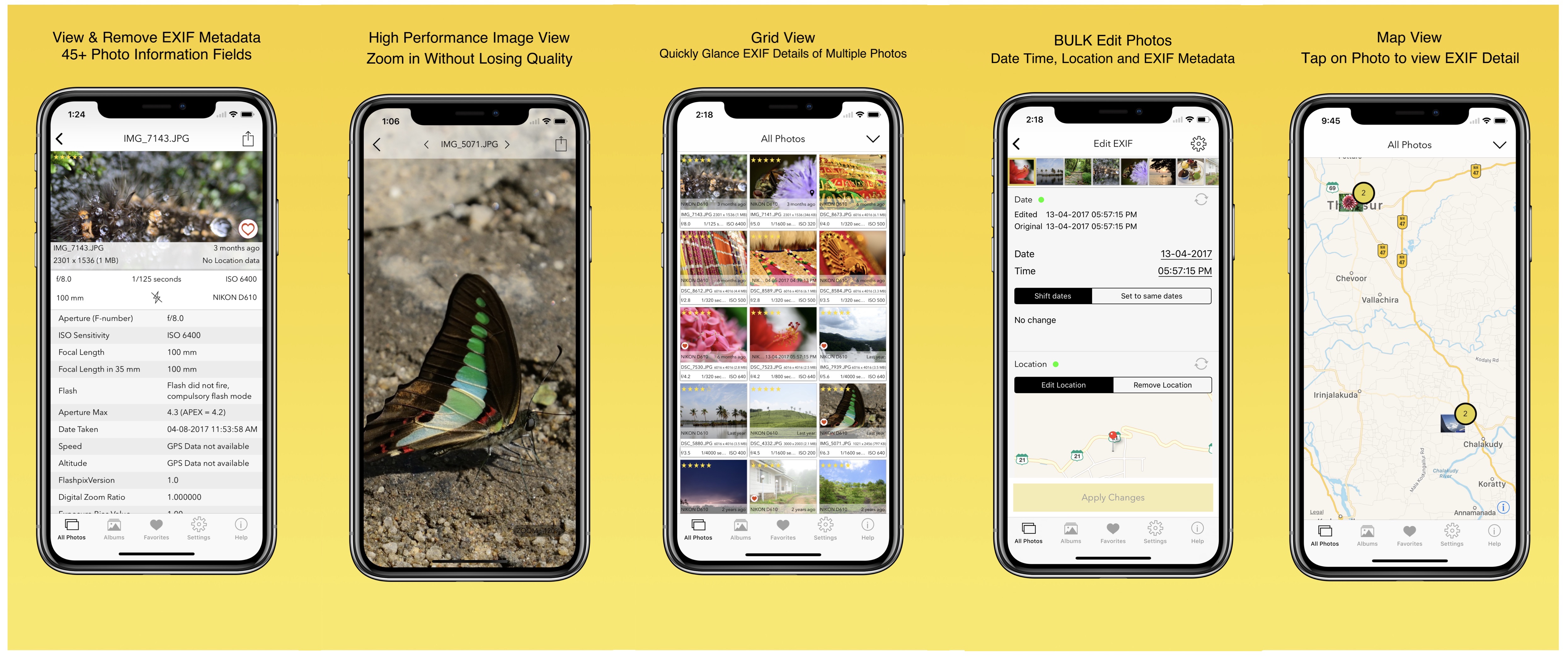


jpg extension in this small example script.Īnd the core magic to that script is the actual exiftool command which can be further simplified to this: exiftool -all= -overwrite_original_in_place image_filename.jpg And you can change '*.jpg' to match whatever file extension you wish to act on or even set it to '*' to blindly process all files. To use the script just change the 'Path/To/The/Images' to match your actual image file directory path it can be a full path or relative and in this case it is relative. jpg) images: find 'Path/To/The/Images' -type f -name '*.jpg' |\Įxiftool -all= -overwrite_original_in_place "$" Have used it from Mac OS X 10.6 onwards and even on different flavors of Linux such as Ubuntu and it works great.Īs far as bulk scripting goes, I use this very simply Bash script that uses find to wipe all metadata from images in this case JPEG (. I use macOS - currently 11.1 (Big Sur) - and I like to use ExifTool for batch metadata operations like this.


 0 kommentar(er)
0 kommentar(er)
